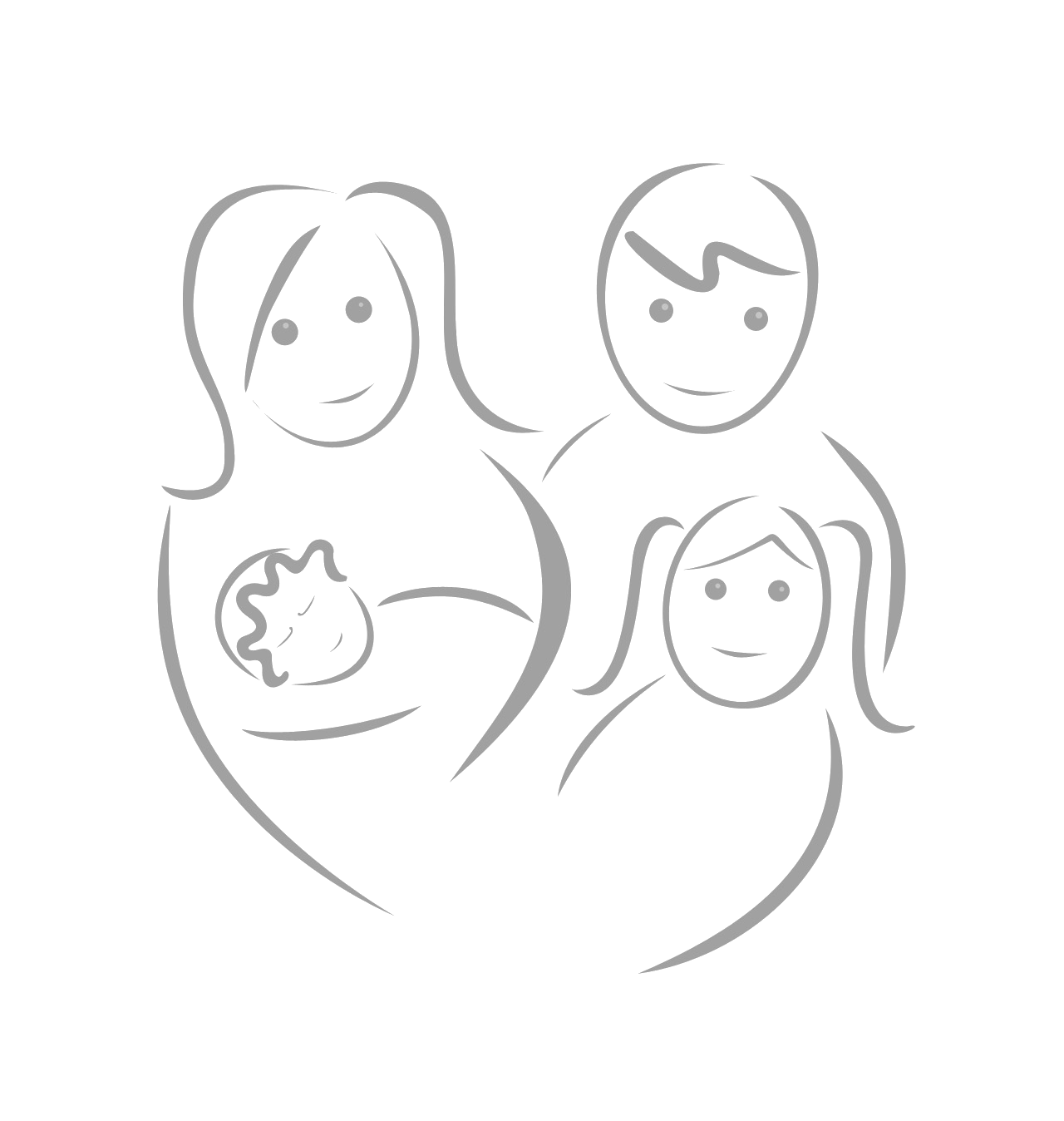Definitions of Occupational Therapy
‘Occupational Therapy is a client-centred health profession concerned with promoting health and well being through occupation. The primary goal of occupational therapy is to enable people to participate in the activities of everyday life. Occupational therapists achieve this outcome by working with people and communities to enhance their ability to engage in the occupations they want to, need to, or are expected to do, or by modifying the occupation or the environment to better support their occupational engagement.’ (Definitions of Occupational Therapy from Member Organisations, World Federation of Occupational Therapists, 2013)
‘Occupational therapy is the art and science of enabling engagement in everyday living, through occupation; of enabling people to perform the occupations that foster health and well-being; and of enabling a just and inclusive society so that all people may participate to their potential in the daily occupations of life.’ (Townsend & Polatajko, 2007, p 372).
‘Occupational therapists define an occupation as much more than a chosen career. Occupation refers to everything that people do during the course of everyday life. Each of us has many occupations that are essential to our health and well-being. Occupational therapists believe that occupations describe who you are and how you feel about yourself. A child, for example, might have occupations as a student, a playmate, a dancer and a table-setter.’ (Canadian Association of Occupational Therapists, August 2013)







